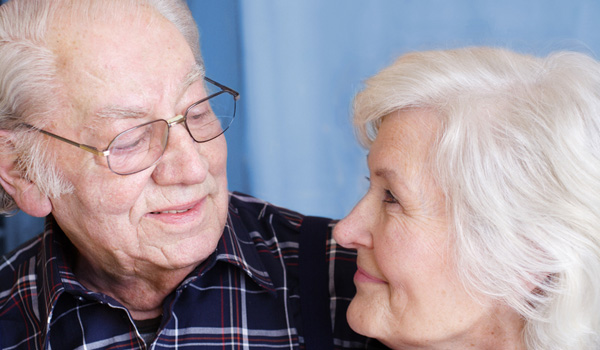
Elderly Brain Training Benefits Not Clear

Many "brain training" programs claim to help elderly people keep their wits sharp. But is it all just hype? A new study says some of these programs show cognitive benefits in the lab, but those benefits don't translate to improvement on real-world tasks.
Elderly adults in the study showed less decline in their scores on tests of reasoning and processing speed, but not memory, 10 years after participating in mental training programs, compared with people who didn't do the programs, according to a study detailed online in the Journal of the American Geriatrics Society.
But the elderly adults who underwent training were no better at solving real-world problems than older people who didn't train.
Dr. Stephen Salloway of Brown University in Providence, R.I., who was not involved in the study, told MedPage Today that the study's "mixed results" mean participating in such training programs shouldn't be recommended. But Salloway added that it is important to keep looking for cognitive interventions for the aging baby boomer population.
Get the world’s most fascinating discoveries delivered straight to your inbox.

 Live Science Plus
Live Science Plus





